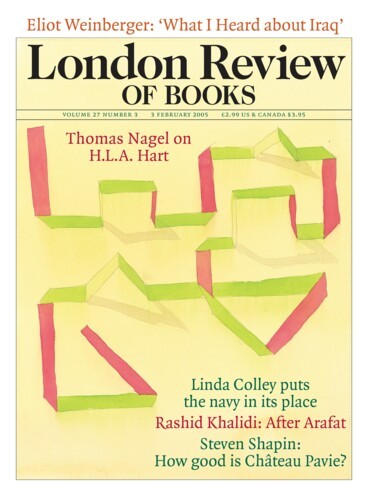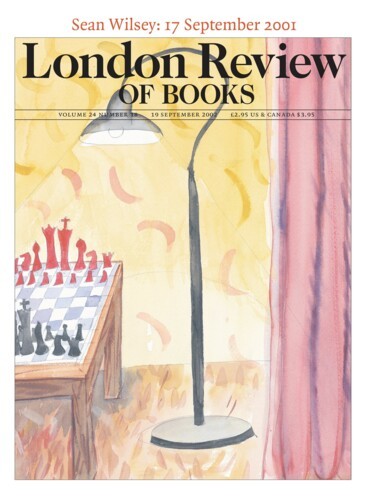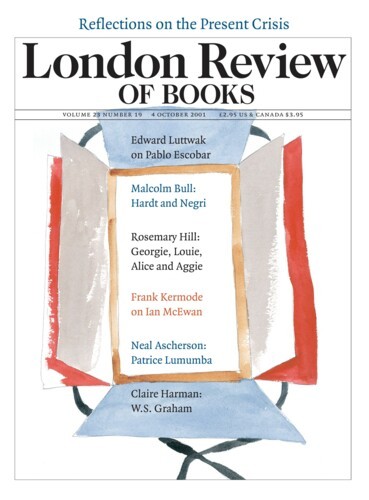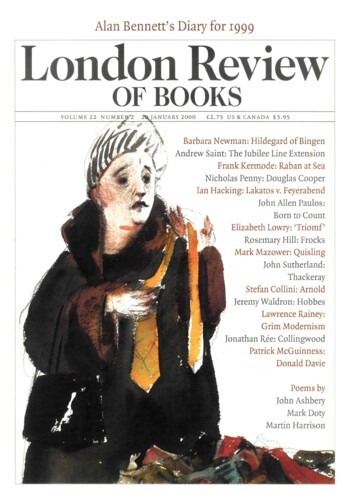Jeremy Waldron
Jeremy Waldron is University Professor at New York University. One Another’s Equals: The Basis of Human Equality came out in 2017.
Deservingness: Equality of Opportunity
Jeremy Waldron, 19 September 2002
To reconcile ‘equal chances’ and ‘most deserving’, my chance of succeeding must refer to the abstract probability of my succeeding established on the basis of complete ignorance of anyone’s abilities. (So someone who knew us only as numbers would say that Einstein and I have an equal chance of winning when we sit down at the start of the test for the physics prize.)
11 September
4 October 2001
What about Bert? equality
Jeremy Waldron, 9 August 2001
In the 13th chapter of this formidable collection of Ronald Dworkin’s writings on equality, we are asked to consider a problem about health cover. The chapter is entitled ‘Playing God: Genes, Clones and Luck’, and the problem has to do with the availability of health insurance to those who are revealed, by genetic testing, to have a higher than ordinary risk of contracting...
A Mistrust of Thunder and Lightning: Hobbes
Jeremy Waldron, 20 January 2000
‘He that hath good thoughts, and cannot clearly express them, were as good to have thought nothing at all.’ The quotation is from a speech by Pericles in an English translation of The History of the Peloponnesian War that Thomas Hobbes published in 1629. The sentiment expressed is one that haunted him throughout his intellectual endeavours.‘
Pieces about Jeremy Waldron in the LRB
Good Vibrations: On the Rule of Law
Frederick Wilmot-Smith, 12 September 2024
Mediation is not a solution that seeks to resolve cases justly according to law; it tries to get parties to negotiate a compromise. As Hazel Genn put it, the outcome of mediation ‘is not about just settlement,...
Unlike a Scotch Egg: Hate Speech
Glen Newey, 5 December 2013
‘You are a totalitarian asshole.’ It’s probably not the sort of email that often drops into an All Souls professor’s inbox but, as Jeremy Waldron tells us, some people...
Rock Bottom: legislation
Thomas Nagel, 14 October 1999
This short, assertive and engaging book has a chip on its shoulder, hence the title. In the academic culture of legal theory that Waldron partly inhabits, legislatures come in for a lot of...
Read anywhere with the London Review of Books app, available now from the App Store for Apple devices, Google Play for Android devices and Amazon for your Kindle Fire.
Sign up to our newsletter
For highlights from the latest issue, our archive and the blog, as well as news, events and exclusive promotions.





